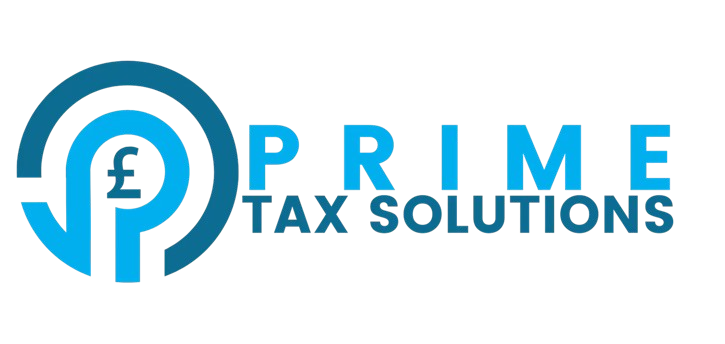Computerised Accounting Systems (Cloud Based Accounting)

Preparing Limited Company Accounts
Computerized accounting systems, specifically cloud-based accounting systems, refer to software platforms that manage financial transactions and records through the cloud rather than on local servers. Here’s a breakdown of what they are and how they work:
Key Features:
Accessibility:
- Anywhere, Anytime: You can access your accounting data from anywhere with an internet connection. This is particularly useful for businesses with remote or distributed teams.
Scalability:
- Flexible Plans: Cloud-based systems often offer various pricing tiers and features that can scale with your business needs.
Automatic Updates:
- Up-to-Date Software: The provider handles updates and maintenance, ensuring you always have the latest features and security patches.
Data Security:
- Encryption and Backups: Providers typically offer robust security measures, including data encryption and regular backups, to protect your financial data.
Integration:
- Compatibility: Many cloud-based accounting systems integrate with other business tools like CRM systems, payroll software, and payment gateways.
Cost-Effective:
- Lower Upfront Costs: You often pay a subscription fee rather than a large one-time purchase, and you can avoid the costs of maintaining physical servers.
Popular Cloud-Based Accounting Systems:
- QuickBooks Online: Offers a wide range of features for small to medium-sized businesses, including invoicing, expense tracking, and reporting.
- Xero: Known for its user-friendly interface and strong integration capabilities.
- FreshBooks: Focuses on invoicing and time tracking, ideal for freelancers and small businesses.
- Zoho Books: Part of the Zoho suite, it offers robust accounting features with strong integration options.
